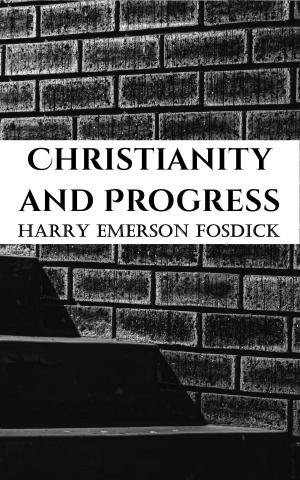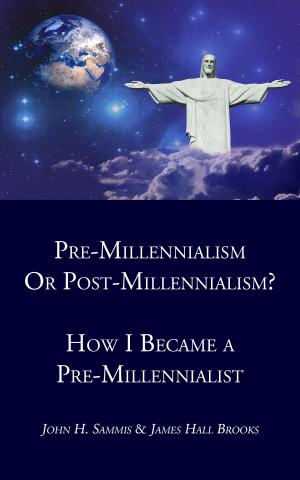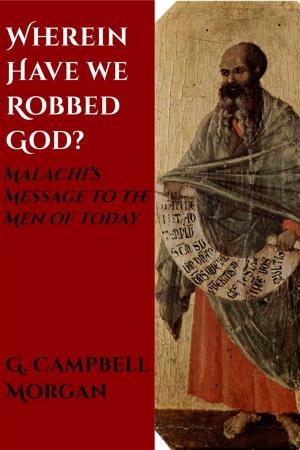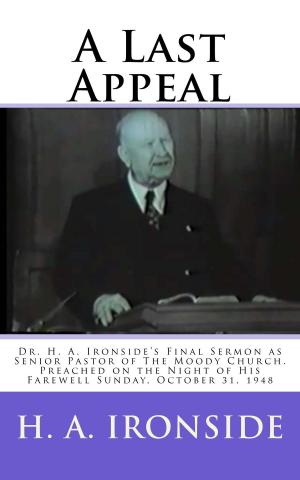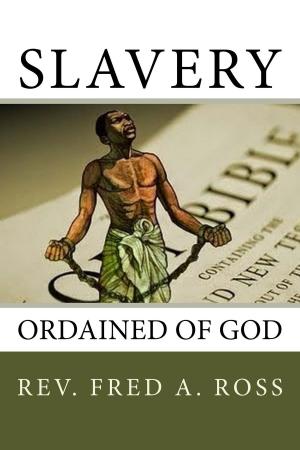Divorce versus Democracy
Nonfiction, Religion & Spirituality, Christianity, Christian Literature, Christian Life| Author: | G. K. Chesterton | ISBN: | 1230001945263 |
| Publisher: | CrossReach Publications | Publication: | September 30, 2017 |
| Imprint: | Language: | English |
| Author: | G. K. Chesterton |
| ISBN: | 1230001945263 |
| Publisher: | CrossReach Publications |
| Publication: | September 30, 2017 |
| Imprint: | |
| Language: | English |
On this question of divorce I do not profess to be impartial, for I have never perceived any intelligent meaning in the word. I merely (and most modestly) profess to be right. I also profess to be representative: that is, democratic. Now, one may believe in democracy or disbelieve in it. It would be grossly unfair to conceal the fact that there are difficulties on both sides. The difficulty of believing in democracy is that it is so hard to believe—like God and most other good things. The difficulty of disbelieving in democracy is that there is nothing else to believe in. I mean there is nothing else on earth or in earthly politics. Unless an aristocracy is selected by gods, it must be selected by men. It may be negatively and passively permitted, but either heaven or humanity must permit it; otherwise it has no more moral authority than a lucky pickpocket. It is baby talk to talk about “Supermen” or “Nature’s Aristocracy” or “The Wise Few.” “The Wise Few” must be either those whom others think wise—who are often fools; or those who think themselves wise—who are always fools.
Well, if one happens to believe in democracy as I do, as a large trust in the active and passive judgment of the human conscience, one can have no hesitation, no “impartiality,” about one’s view of divorce; and especially about one’s view of the extension of divorce among the democracy. A democrat in any sense must regard that extension as the last and vilest of the insults offered by the modern rich to the modern poor. The rich do largely believe in divorce; the poor do mainly believe in fidelity. But the modern rich are powerful and the modern poor are powerless. Therefore for years and decades past the rich have been preaching their own virtues. Now that they have begun to preach their vices too, I think it is time to kick.
On this question of divorce I do not profess to be impartial, for I have never perceived any intelligent meaning in the word. I merely (and most modestly) profess to be right. I also profess to be representative: that is, democratic. Now, one may believe in democracy or disbelieve in it. It would be grossly unfair to conceal the fact that there are difficulties on both sides. The difficulty of believing in democracy is that it is so hard to believe—like God and most other good things. The difficulty of disbelieving in democracy is that there is nothing else to believe in. I mean there is nothing else on earth or in earthly politics. Unless an aristocracy is selected by gods, it must be selected by men. It may be negatively and passively permitted, but either heaven or humanity must permit it; otherwise it has no more moral authority than a lucky pickpocket. It is baby talk to talk about “Supermen” or “Nature’s Aristocracy” or “The Wise Few.” “The Wise Few” must be either those whom others think wise—who are often fools; or those who think themselves wise—who are always fools.
Well, if one happens to believe in democracy as I do, as a large trust in the active and passive judgment of the human conscience, one can have no hesitation, no “impartiality,” about one’s view of divorce; and especially about one’s view of the extension of divorce among the democracy. A democrat in any sense must regard that extension as the last and vilest of the insults offered by the modern rich to the modern poor. The rich do largely believe in divorce; the poor do mainly believe in fidelity. But the modern rich are powerful and the modern poor are powerless. Therefore for years and decades past the rich have been preaching their own virtues. Now that they have begun to preach their vices too, I think it is time to kick.


